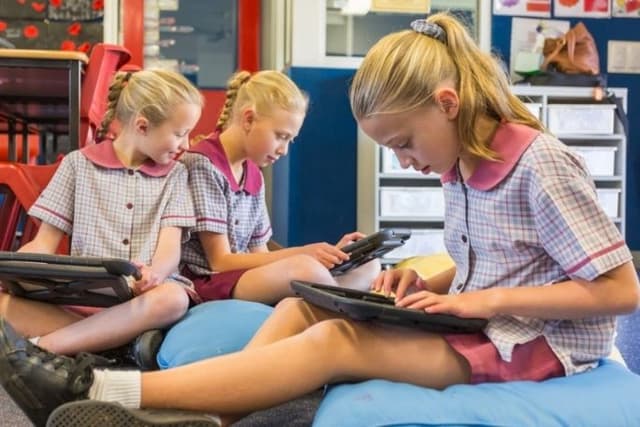
Visy Education - Understanding the Waste Problem
Lesson2 of 8 in this unit
PrimaryYear 5 - 6EnglishMathematicsHumanities and Social SciencesEnvironmentalRecyclingSustainabilityEconomicIndustry, Innovation and Infrastructure
Summary
Lesson Guides and Printables
Lesson Plan

Teacher Content Info
